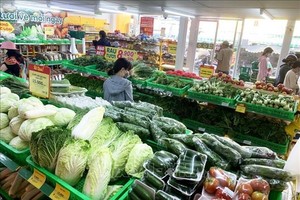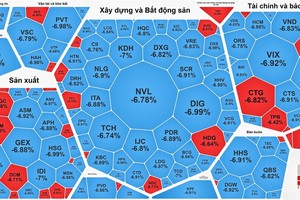In the afternoon on August 27, the office of the MoIT informed the press that the Trade Remedies Authority under the MoIT sent a questionnaire to all enterprises manufacturing and exporting liquid sugar products refined from corn starch from foreign countries into Vietnam, which the investigation agency was informed.
The deadline to answer the questionnaire is before 5 p.m. Vietnamese time on October 2 this year, according to the MoIT.
Earlier, the MoIT promulgated Decision No.1715/QD-BCT to launch an anti-dumping investigation on some high-fructose corn syrup (HFCS) products originating from China and South Korea.
‘To ensure their rights and interests, the Trade Remedies Authority under the MoIT requests all relevant foreign manufacturers and exporters to participate and cooperate fully throughout the investigation process,' the MoIT announced. It added that the contents of the answer sheets will be the basis for the investigation agency to consider and draw the conclusion of this case.
In case that the investigation agency does not receive the reply on time or the information provided is inaccurate or incomplete as required, the investigation agency of Vietnam will use the available information to conclude following Article 75 of the Law on Foreign Trade Management.
























